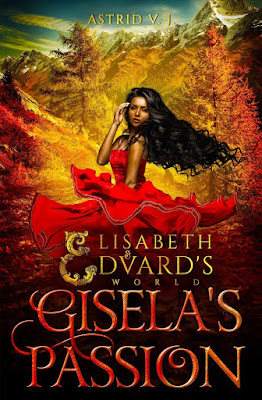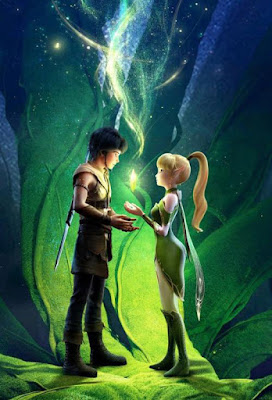Review: Gisela's Passion
One of the most intriguing stories in the Enchanted Kingdoms anthology was Naiya's Wish by Astrid V.J., which retold a beautiful fairy tale that I was not previously familiar with. That was no coincidence as this author has built her career around obscure adaptations. Among her other works, I was most intrigued by Gisela's Passion, which is inspired by the ballet Giselle, a story I knew next to nothing about except that it was featured in the Barbie movie The Pink Shoes and inspired the name of the heroine (but not the story) from Disney's Enchanted. That was just enough to make me want to know more. I trusted Astrid's beautiful descriptive storytelling after reading Naiya's Wish, and this book did not disappoint me in that respect, though it did in others.
Despite my issues with the sexist undertones of the second act, I enjoyed this book for what it is--a poetic description of passion and dance. Ballet has always been associated with fairy tale princesses because of the glittering costumes and the grace and elegance of the performers. This connection was demonstrated most recently with the Hulu show Find Me in Paris, which features a time-traveling ballerina princess. Astrid's descriptions of Gisela's performances were a sight to behold that made the passionate maiden feel like an otherworldly being. It was admirable how determined she was to become the Harvest Queen despite her father's protests. Her innocence to the effect her dancing had on the men around her contributed to her tragic downfall at the end of the first act. The place that the story suffers is the love triangle itself. Neither of the two men seems worth of her affections, and her unrelenting forgiveness toward both of them feels forced and unwarranted.
I admire Astrid V.J.'s desire to draw attention to lesser-known classic stories and appreciate this book for being one of few adaptations of the famous ballet. Her captivating imagery is worthy of the stage and the character that inspired it. However, I do not think that the changes she made to the story do a good job of presenting it to a modern audience. Hilarion's sin goes from revealing the truth about Giselle's lover to publicly defaming her character, while Vincent's sin changed from lying about his identity while being engaged to another woman and courting Giselle to lying about his identity while being engaged to another woman and seducing Gisela, which is arguably worse and less worthy of forgiveness. As much as I admired the writing style of this book, I think this is a good point for me to bow out from this author's other works.












Comments